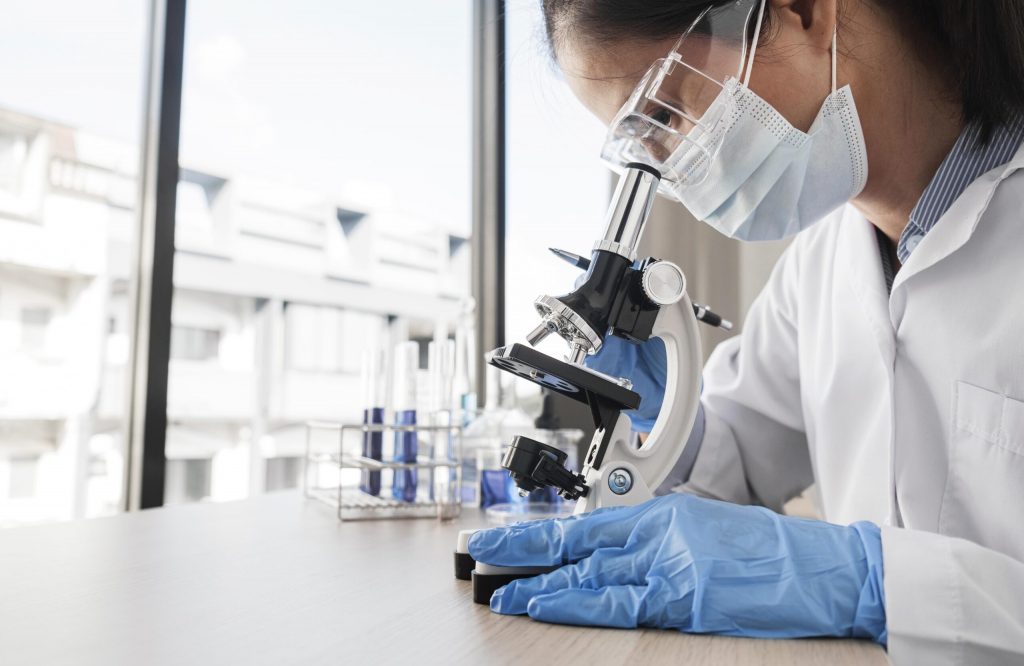
New Law on Research with Human Subjects
On May 29, 2024, Law No. 14,874/2024 was published, with the purpose of regulating research involving human subjects in Brazil and establishing the National System of Research Ethics.
The new Law aims to broaden the concept of research involving human subjects in Brazil, encompassing not only clinical research but also scientific, technological, or innovative research, as well as instituting and controlling good clinical practices.
The control of good clinical practices will be carried out through Research Ethics Committees (CEPs), which, despite existing in previous regulations, now have a broader and more objective concept of the functions they should perform. It is the responsibility of the CEPs to ensure the protection of the rights, safety, and well-being of research participants, approve the ethics of research protocols, and the methods and materials to be used to obtain and document the informed consent of research participants.
Furthermore, the Law also states the ethical and scientific requirements to be observed in research, such as the need to be based on a favorable assessment of the risk-benefit ratio for the research participant and society and adopting procedures to ensure quality in the technical aspects involved and the scientific validity of the research.
One of the positive aspects of the new legislation is the definition of the responsibilities of the sponsor and the researcher, including indemnification and health assistance to the participant in case of damages resulting from the research by the sponsor and guaranteeing the rights, well-being, and safety of participants. Additionally, the Law expressly states that the information about the research contained in the Informed Consent Form signed by the participant cannot indicate or suggest the exemption of responsibility from the researcher or sponsor.
The legislation dedicates a chapter to address the protection of research participants and the storage and use of data and biological material of participants, establishing rights to research participants, such as the possibility of withdrawing consent for the storage and use of their stored biological material at any time.
The new regulation also sets rules for the manufacturing, use, import, and export of goods and products for clinical research involving human subjects, which must be authorized by the competent health authority and comply with the approved research protocol.
Another positive aspect of the Law is the establishment of guidelines for the continuation of treatment after the research, through the post-study supply program, which provides participants with free access to the experimental drug after the end of the research, whenever the experimental drug is more beneficial to the participant compared to other available treatments, and will continue to be assisted by the institution that conducted the research for a determined period.
The new Law established the National System of Research Ethics in Clinical Research with Human Subjects, which will be subject to regulation by executive act and is divided into a national instance of research ethics and instances of research ethics analysis, represented by the CEPs.
Until now, research involving human subjects in Brazil was provided for in scattered legislation, such as ANVISA Collegiate Board Resolution No. 9/2015 and National Health Council Resolution No. 466/2012, which revised and updated National Health Council Resolution No. 196/1996, among others, which had gaps in their regulation, hindering scientific development in the country.
According to the bill’s rapporteur in the Senate, the regulation of research involving human subjects is important for national scientific and technological development, as well as for improving healthcare for the Brazilian population. It is argued that research activity enables the creation of qualified jobs, as well as disseminating knowledge beneficial to the general population.
The publication of the Law will certainly create a favorable regulatory environment for attracting investments for conducting clinical research in the country, in addition to benefiting people suffering from difficult-to-treat diseases, such as cancer and rare diseases, as well observed by the rapporteur. Law No. 14,874/2024 comes into force in ninety (90) days after its official publication.
This bulletin is for information purposes only and should not be relied upon to obtain legal advice on any of the topics dealt with here. For additional information, please contact the leaders of the Life Sciences team.
CGM Advogados. All rights reserved.

